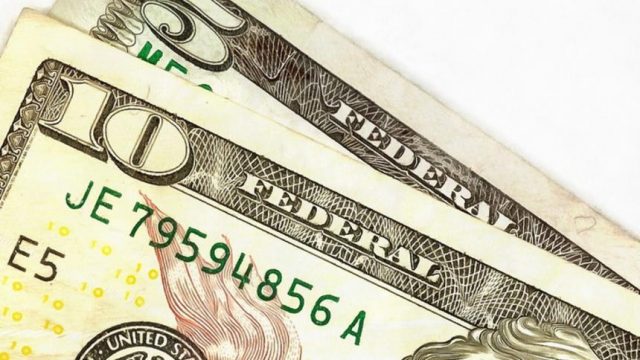Does North Dakota Need a Minimum Wage Hike to $15 Per Hour?

Copyright Free - Stock Free images. Public Domain image dedication. CC0 1.0 Universal Licence - http://creativecommons.org/publicdomain/zero/1.0/
Over the weekend we got news that a group of citizens is preparing a ballot measure that would increase North Dakota’s minimum wage to $15.00 per hour over the course of three years.
Currently North Dakota’s minimum wage is at $7.25 per hour, so this proposed measure would roughly double that.
“If we don’t have a living wage in a living state for the lowest people, the neediest people that we have people who are workforce if we don’t have that then we don’t have a living state,” Scott Nodland, one of the measure organizers, is quoted as saying.
It’s not clear from the article how far along Nodland and his fellow activists are in the process. Their Facebook page says they’re still trying to round up sponsoring committee members. I’m working on getting Nodland on my radio show today or later this week.
[mks_pullquote align=”left” width=”300″ size=”24″ bg_color=”#ffffff” txt_color=”#000000″]According to the Bureau of Labor Statistics, only about 4,000 hourly workers are making the minimum wage. [/mks_pullquote]
This would be a major policy change for a state that already struggles to attract investment and business development for a myriad of reasons ranging from our sparse population to the weather. Such a dramatic increase in labor costs is unlikely to help with the cause of diversifying our state’s economy.
What’s more, I’m not sure low pay is really a problem in North Dakota. According to the Bureau of Labor Statistics, only about 4,000 hourly workers are making the minimum wage. That’s just 1.6 percent of all hourly workers, a rate good for 8th lowest in the nation (we’re tied with South Dakota where the minimum wage is a slightly higher $8.65 per hour).
Beyond that, in 2016 North Dakota ranked above the national average in median household income, real median family income, and per-capita income.
That wasn’t always the case. Our state became above average around the time oil activity in western North Dakota began ramping up in 2009 and 2010. But it’s worth noting that we’re past the oil boom now and we’re still above average.
Proving a point, I think, that attracting investment and economic activity in our state does a whole lot more to increase the prosperity of citizens here than raising the minimum wage does. We didn’t need a law to raise wages in North Dakota. We needed increased economic activity.
You can argue that oil activity is volatile, and you’re right. Agriculture, our state’s other primary industry, can be the same.
But, again, that’s a case for attracting more businesses to our state to create more opportunities in a more diverse cross section of industries. Something a sky-high minimum wage would deter.
Efforts to increase North Dakota’s minimum wage have repeatedly failed in the Legislature, and while you could argue that the initiated measure process is a way for citizens to act when lawmakers won’t, I think the lawmakers have the right of this.
I don’t think there’s a big appetite in North Dakota for increasing the minimum wage.




